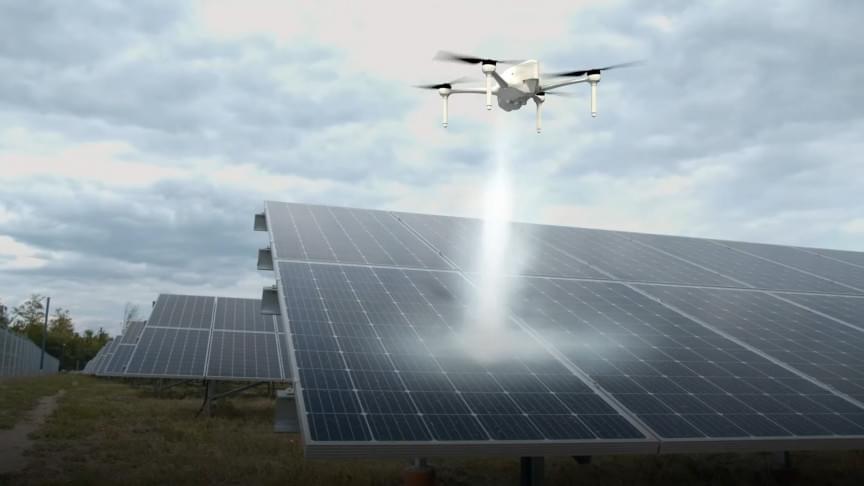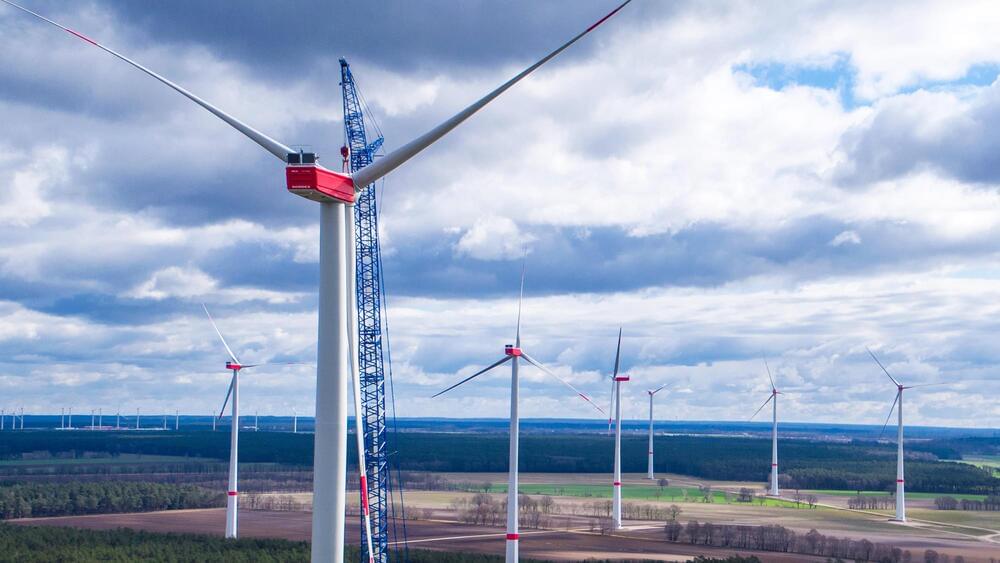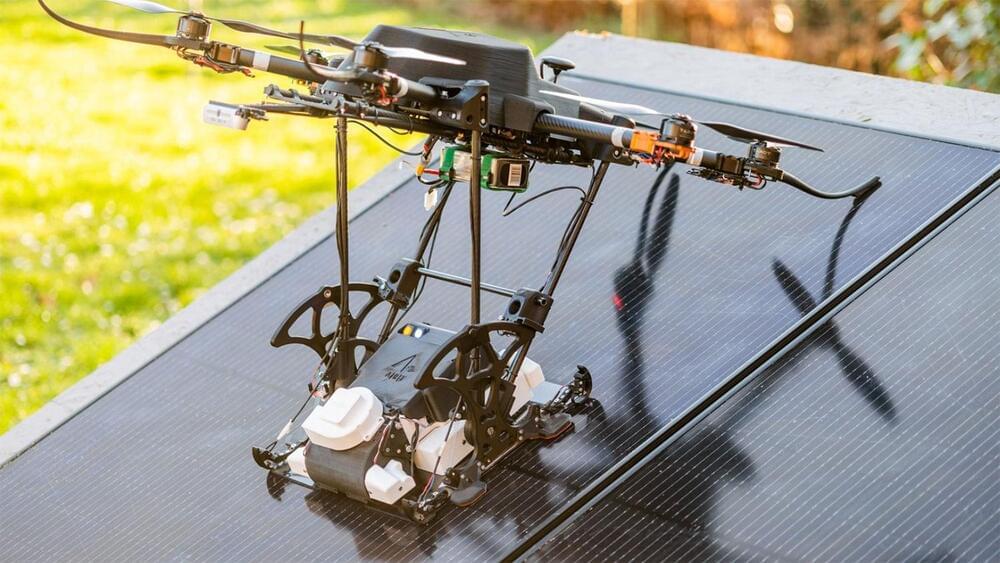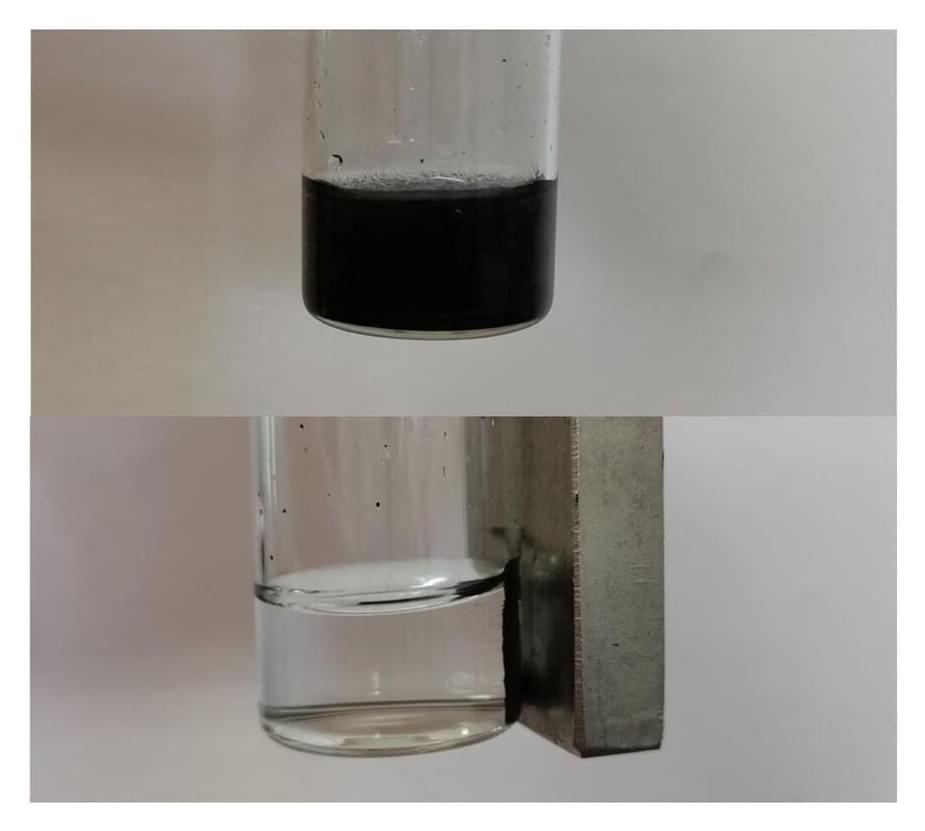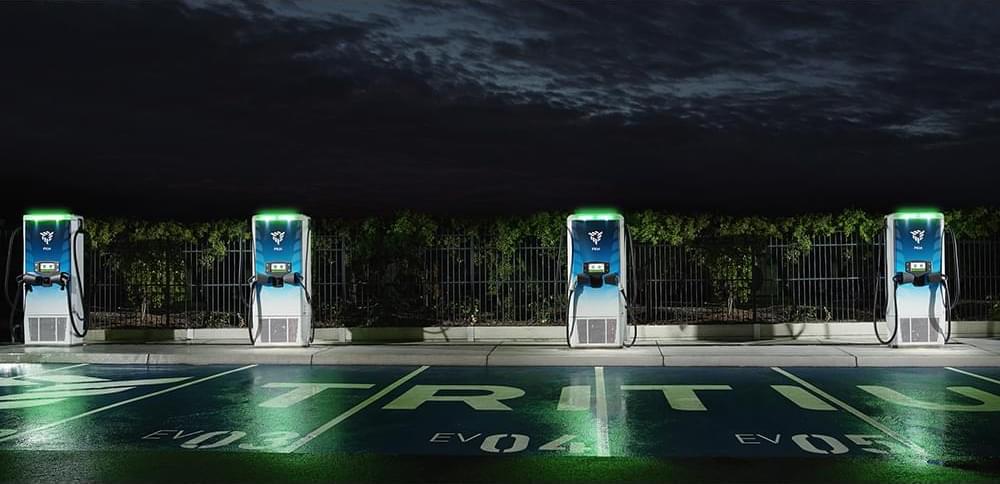Mar 8, 2022
As prices top $4 a gallon, should you consider an electric vehicle? One consideration: They’re more expensive to insure and repair. Here’s why
Posted by Shubham Ghosh Roy in categories: economics, sustainability, transportation
Tesla will sell car insurance, but electric-vehicle insurance and repairs are more expensive than for traditional cars. Here’s why.
The average cost of repairs are nearly 3% higher for a small EV versus a small internal-combustion engine car, says CCC Intelligent Solutions, a data and consulting firm that has examined the impact of EVs on the automotive, insurance and repair industries.
The same researchers found that spending on replacemet parts as a share of the overall repair costs was higher for a small EV despite that EV having 9.1 parts replaced per claim on average, versus 9.6 parts for small ICE cars. Access the full report here.


